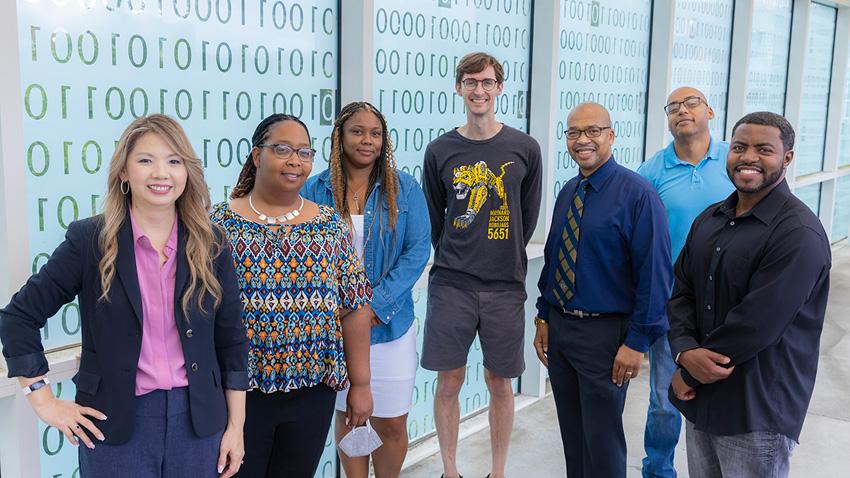
Flaws Revealed in AP Course Meant to Prepare High School Students for Tech Careers
New research from Georgia Tech’s Constellations Center for Equity in Computing indicates that the Advanced Placement Computer Science Principles (AP CSP) is failing to meet the needs of all high school students.
Constellations researchers will present their findings at the Research on Equitable and Sustained Participation in Engineering, Computing and Technology (RESPECT) Conference, which is scheduled on May 16-17.
The center’s research indicates that the AP CSP program available to high school students falls short in providing equitable and inclusive options in computing education across pedagogy, curriculum, and policy.
Despite its intention to offer a comprehensive and accessible introduction to computer science, foster inclusive teaching practices, and influence policy at the state and national levels, AP CSP does not adequately address the barriers marginalized communities face in accessing computing education and opportunities, according to researchers.
“The potential risk of a high school academic experience without computing skills is the continued marginalization of opportunities, and it perpetuates disparities in a technologically advanced society,” said Lien Diaz, Constellations senior researcher. “This is exacerbated for vulnerable populations.”
One of the draws of AP CSP is its emphasis on computational thinking skills, which are essential for problem-solving in today's world. Through hands-on projects, collaborative activities, and brainstorming, students learn to solve complex problems.
Results in the research paper, Does the Advanced Placement Computer Science Principles (AP CSP) Course Drive Equitable and Inclusive CS Pedagogy, Curriculum, and Policy as a Means to Broaden Participation in Computing?, show that despite the work that has been done, there has only been a marginal increase in minority students’ participation in AP CSP.
The 2022 AP data shows that the number of Black, Hispanic, and Native students taking AP CS exams has increased. However, the percentages still do not show equitable representation of these groups, 7%, 17%, and <1%, respectively.
“AP CSP isn't just about coding; it's about critical thinking, problem-solving, and digital literacy essential for success in the 21st century,” said Terry Foster, Constellations’ research associate. “Without these skills, traditionally marginalized students risk being left behind in an increasingly tech-driven world, limiting their opportunities in college and the tech industry.”
Many states have incorporated AP CSP into their high school curriculum standards, recognizing its role in preparing students for college and careers in technology-related fields.
"I have witnessed a secondary institution implementing a policy that states a student must have passed geometry with an 85 or above to be considered for enrollment in the course. This excludes many 9th and 10th graders who might not have had the opportunity to take geometry in middle school," said Sababu Barashango, Constellations’ research associate.
While AP CSP works to provide comprehensive computer science coursework and attract diverse students, challenges such as access and equity persist. As the conversation continues, research serves as an incentive for dialogue and action aimed at overcoming these obstacles and truly democratizing computing education.
Photo Cred College of Computing / Terence Rushin
As computing revolutionizes research in science and engineering disciplines and drives industry innovation, Georgia Tech leads the way, ranking as a top-tier destination for undergraduate computer science (CS) education. Read more about the college's commitment:… https://t.co/9e5udNwuuD pic.twitter.com/MZ6KU9gpF3
— Georgia Tech Computing (@gtcomputing) September 24, 2024


